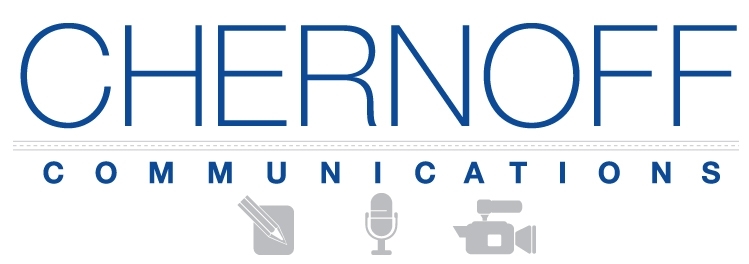Great interviews aren’t an accident. Both parties—the journalist and the interview subject—are prepared. The journalist has done her homework, having compiled a list of smart questions that will stimulate an interesting discussion. The interview subject—or “guest” in the context of television or radio—is not merely knowledgeable about the subject matter, but also ready with credible answers to a broad range of questions that he can deliver in a compelling fashion.
It may sound easy, but very few people have an innate ability to do this well, particularly on television. What makes all the difference is high quality media training.
The problem for many organizations is time—finding the time for busy executives to engage in a media training session that will elevate their game.
But it doesn’t have to take long. In a time-pressed world, here are the most essential steps to take with an experienced media trainer in order to generate great interview performances and avoid media disasters.
1) Crystalize your messages. Always enter an interview knowing precisely what your takeaway messages are. The most basic preparation for a media interview requires an executive to decide precisely what he or she wants to say and determine how to do so as clearly and concisely as possible.
2) Anticipate questions and plan your answers. Giving some thought to the subject matter and the interviewer’s style should allow you to compile a comprehensive list of likely questions. For every question, write out a short answer—short because that will help you remember what you need to say and help you to remain on topic.
3) Get to the point quickly. Most interviews are quick, especially on television. There is no time to build up to a big thesis, so deliver your takeaway messages as quickly as possible.
4) Support your messages with evidence, data, or brief anecdotes. These should be as memorable and visual as possible. Data should be simple, not complex. Remember that in television or radio too many numbers will lose the audience.
5) Enjoy. Other than knowing your messages and how to deliver them, nothing is more important than enjoying the process of being interviewed. When you’re enjoying yourself it shows—your voice and body are more relaxed, helping you appear more trustworthy and likeable.
There are many other techniques to elevating your media skills and handling the toughest interviewers. But these five tips, along with practice, are the essentials that form the basis of a successful media training.
